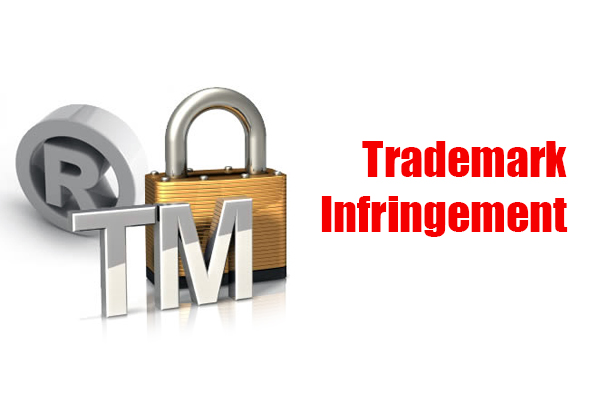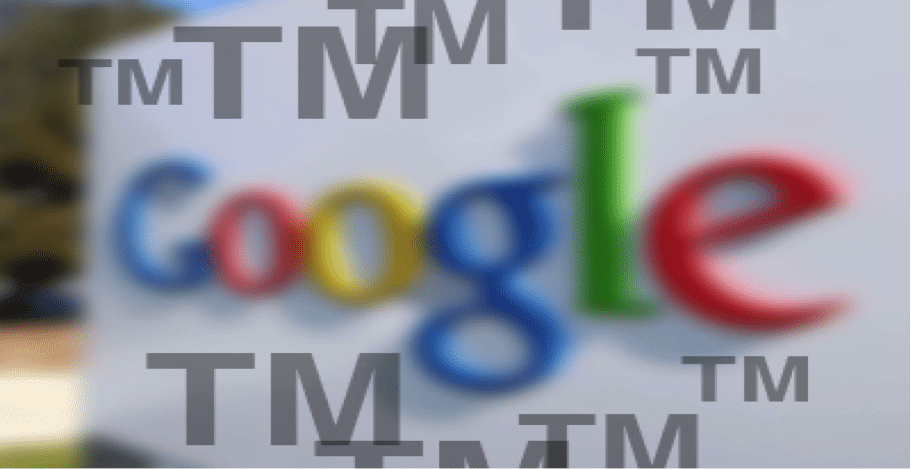Infringement of Trademark of Google Adwords – Trademark Registration
Infringement of Trademark of Google Adwords – Trademark Registration in Cochin
Section 29 of the Trademarks Act, 1999 provides the details about the Trademark Infringement process and procedures. In the third document filed by Google viz., Adwords and AdSense Trademark Policy, it is stated that depending upon the region in which trademark rights are asserted, Google would investigate the use of trademarks, (i) in ad text only or (ii) in ad text and keywords. In the said document, Google has given a list of regions, where their investigation would be confined to the use in adtext only and a list of regions where they would investigate the use in both adtext and keywords. India is placed along with United States and United Kingdom, in the first list of regions, where the investigation would be confined only to ad text. Many of the European countries such as France, Italy etc., are included in the second list. China is also included in the second list, perhaps due to the controversies created in the recent past.
In the document mentioned in the preceding paragraph, just below the list of regions where the investigation is confined to ad text only, it is stated as follows: Google is dedicated to providing relevant advertising to our users, advertisers and publishers alike. Accordingly, our trademark policy not to investigate the use of trademarks as keywords in the regions listed above aims to provide users with choices relevant to their keywords. At the same time, we investigate trademark violations in adtext, both as a courtesy to the trademark owner and to ensure that ads are clear to users. Just below the list of regions where the investigation would be on both adtext and key words, it is stated as follows:
“We do not take any action in situations where an advertisement is being triggered by non-trademarked terms even though the search query contains a trademarked term. This occurrence stems from the fact that Google allows advertisers to use a broad matching system to target their ads. For example, if an advertiser has selected the keyword shoes that advertiser’s ad will appear when a user enters the word shoes as a search query, regardless of other search terms that may be used. So, the ad would show if the user entered any of the following search queries: lennis shoes, red shoes or Nike shoes. This system eliminates the need for the advertiser to specify each of the myriad different search query combinations that are relevant to their ad.”
The reason for adopting different policies in different regions is actually not very clear. However, in document No.6 filed by Google, containing sample printouts, depicting the component of an ad and explaining the process of search in Google, the first defendant has stated that in accordance with their adwords policy, the plaintiffs registered trademarks, would not appear in the adtext i.e., the title or the text of the ad of others.
However, in the screen shots of the defendant’s web pages, showing sponsored links ads, filed by the plaintiff Nos. 48, 49, 50, 51, 52 and 53, the terms Tamilmatrimony, Sindhimatrimony, Punjabimatrimony, Bengalimatrimony, Assamesematrimony etc., are shown to have appeared in the ad title of the advertisements released by the defendants 2 to 4, in the sponsored links column. In some of those web pages, the ad title contains the term as one single term and in some, they appear separate words such as Tamil Matrimony etc.
As I have pointed out elsewhere in the judgment, the appearance of the separate words cannot be taken exception to, in this particular case, in view of the peculiar nature of the combination of the two words constituting the registered trademarks. As held elsewhere, there is no synonym for the words Tamil, Telugu etc., and the synonyms available for the word Matrimony are a few. Therefore, there would be difficulty in giving title to these advertisements, if the use of both the words together, is prohibited. In such circumstances, I am of the view that if the search engine enforces the policy that is reflected in document Nos. 2, 3, 4, 5 and 6 filed by them, that would be a sufficient safeguard for the rights conferred upon the plaintiff by the registration of the trademarks.
Normally an advertisement in a search engine, is triggered when the hands of the web surfer, types a search term, which matches the adwords selected by the advertiser, with or without the help of the keyword suggestion tool. While the search engine may have a control over the selection of keywords by the advertiser, the search engine may not have any control over the surfer, on the choice of a search term. It is also not possible for a search engine to be aware of all the trademarks registered in all the jurisdictions, in respect of all the goods and services. Therefore, the offer of words by a search engine, in their keyword suggestion tool, may not per se amount to an infringing use of a registered trademark, though it may amount to a use in the course of their own trade. It is true that the number of visitors that a site has on a daily basis, may induce the search engine to include the whole or part of the name or title of the site, in the keyword suggestion tool, to enable the competitors of the site to choose those words as adwords. But it may or may not happen with the knowledge that such names constitute registered trademarks. There cannot be a presumption that the inclusion of those names in the keyword suggestion tool, happened with the knowledge of the search engine, about the registration of those words as trademarks. It is only in cases where a completely arbitrary or fanciful name, which has no nexus or connection with the nature of the goods or services, is adopted as a trademark, that the offer by a search engine of that trademark in their keyword suggestion tool, to the competitors of the proprietor of the mark, could be considered as amounting to vicarious or contributory infringement. In cases of the nature on hand, the benefit of doubt would go to the search engine, since the choice of the words Tamil, Matrimony etc., in the keyword suggestion tool, need not necessarily have happened deliberately.
One more contention of the plaintiff is that the search engine is guilty of double standards, in the sense that sponsored links do not appear for certain categories of persons, products and services such as Aircel, HDFC, Microsoft, Nike, ICICI Bank, Oracle, Facebook etc. In support of the said contention, the plaintiff has also filed the printouts of the relevant web pages as part of document No. 69. However, the first defendant has denied this. The first defendant has also filed as document No. 16 series, the screen shots of the web pages, where multiple sponsored links appear for HDFC, Oracle, Microsoft and even Google. Therefore, the question as to whether the search engine is adopting double standards has to be examined only at the time of trial and as on date, the match is equally poised on this issue.
Therefore, I hold that the inclusion of the words Tamil, Matrimony etc., in the keyword suggestion tool of the search engine, would not amount to an nor would it amount to a contributory infringement, in view of my findings against the plaintiff vis-a-vis defendants 2 to 4. However, it is made clear that Google has a duty to explain in the course of the main proceedings (suit), the rationale behind the difference in policy adopted by them in different regions.O.A. Nos. 977 and 978 of 2009. In the light of the above discussion, I am of the view that the plaintiff is not entitled to the injunctions sought for, as they have failed to pass the triple tests of (i) prima facie case (ii) balance of convenience and (iii) irreparable hart’s hip. But it shall not be construed to mean that the first defendant (Google) need not anymore adhere to their Adwords Trademark Policy, as reflected in document Nos. 2, 3 and 4 filed by them. This is on account of the fact that as a result of my judgment, the plaintiff should not be singled out and deprived of the benefit of a policy that the first defendant is adopting uniformly, not only for the benefit of its own customers, but also for the benefit of persons who do not advertise in their search engine.
As a matter of fact, the plaintiff is admittedly one of the advertisers in Google. Therefore, they have a contractual relationship with Google. Consequently, the benefit of the Adwords Trademark Policy would ensure to them, at least out of such contractual relationship. Therefore, even while dismissing O.A. Nos. 977 and 978 of 2009, I make it clear that the first defendant (Google) shall not deprive the plaintiff of the benefit of their Trademark Policy A. No. 6001 of 2009.
For Trademark Registration in Cochin -> Click here

